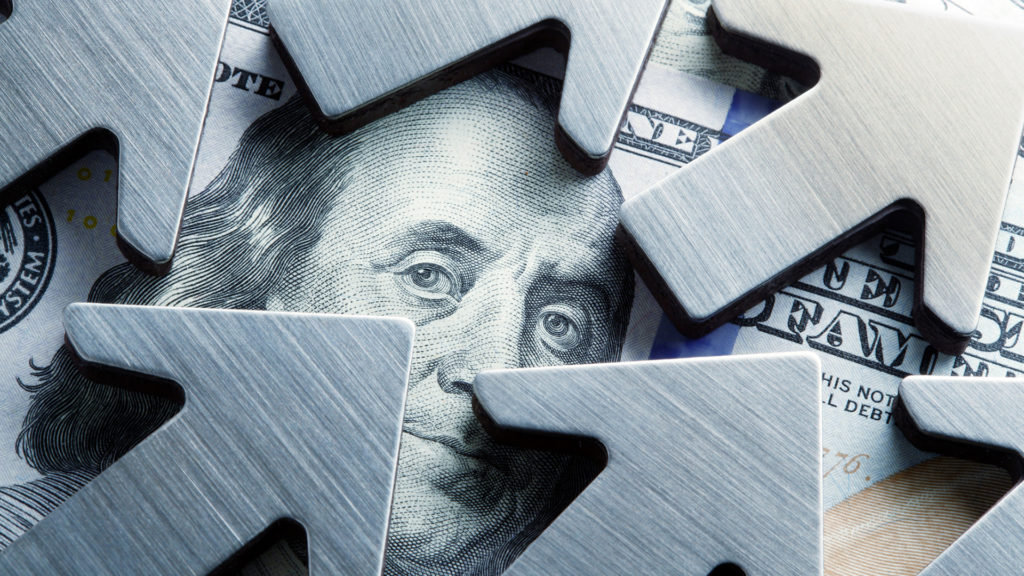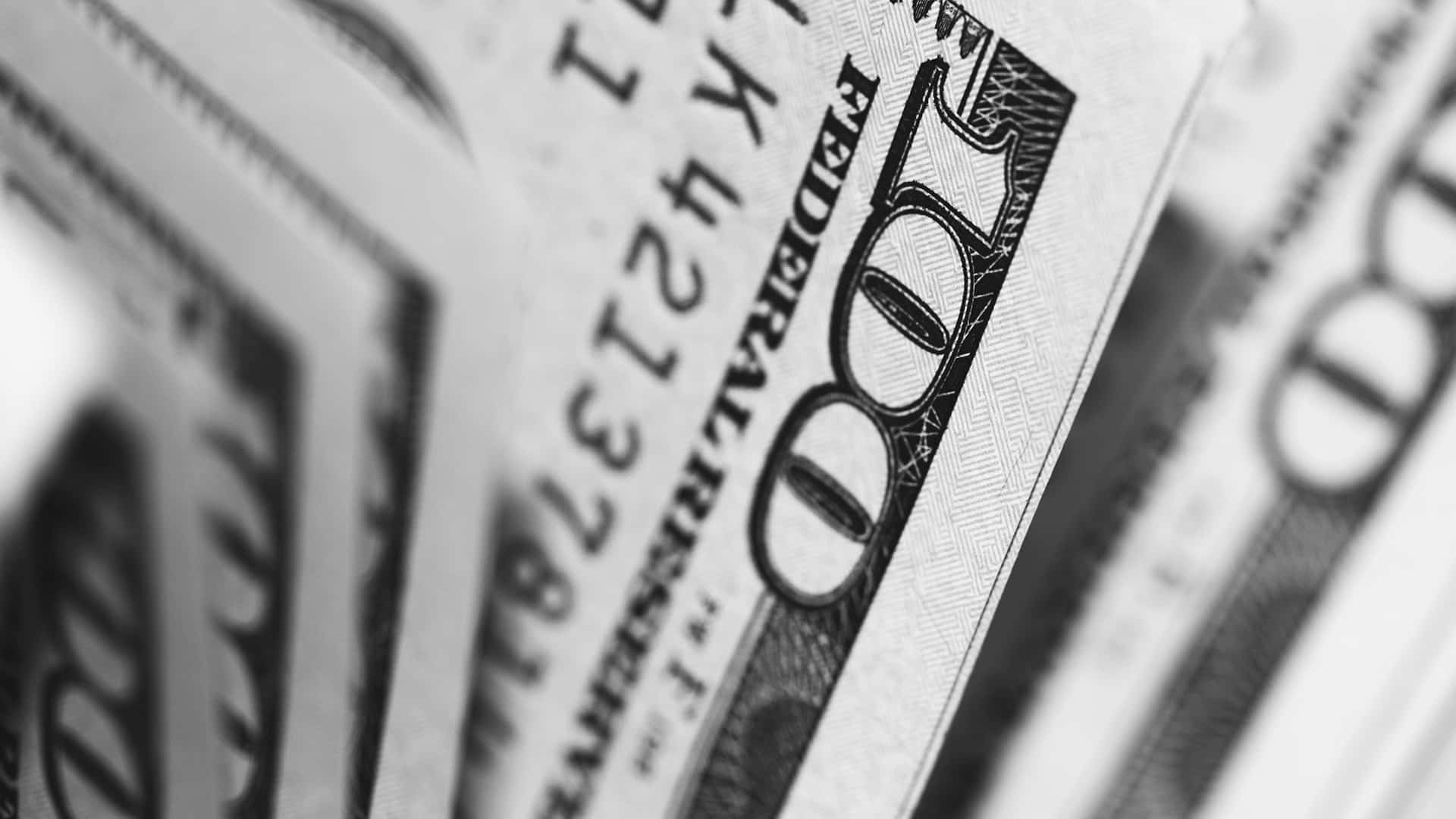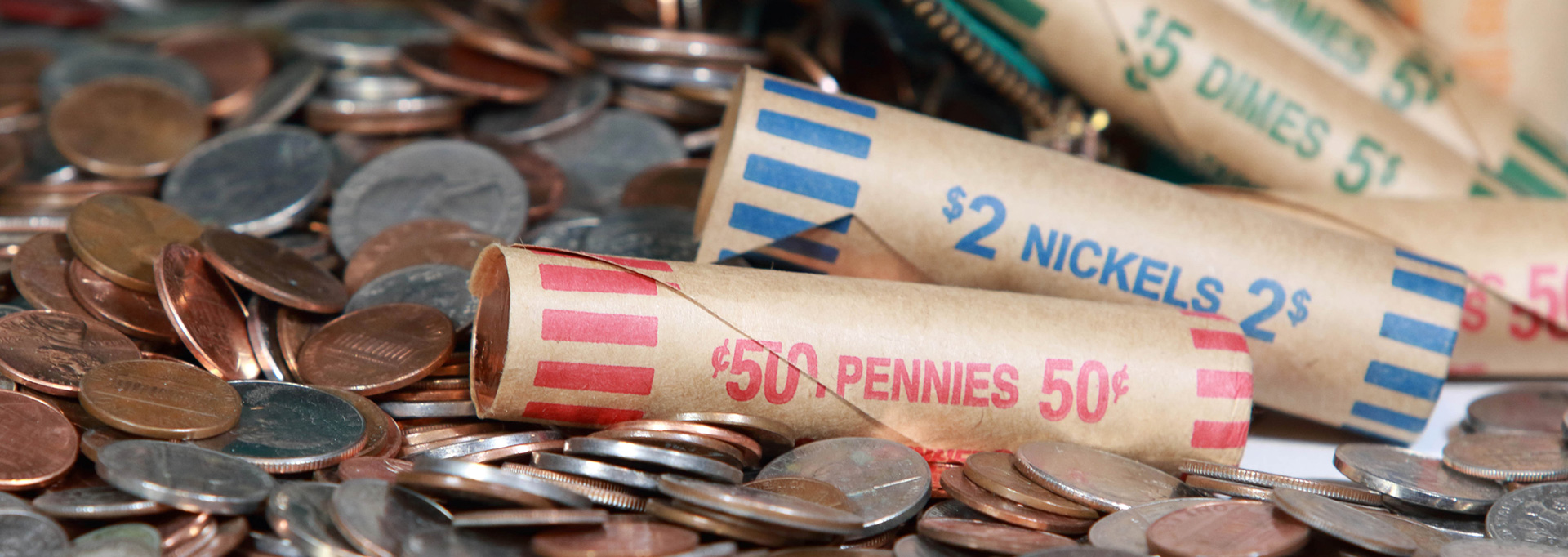Most products on this page are from partners who may compensate us. This may influence which products we write about and where and how they appear on the page. However, opinions expressed here are the author's alone, not those of any bank, credit card issuer, airline or hotel chain.
Certificates of deposit (CDs) are timed deposit accounts that reward you for keeping your money locked up in a bank or credit union for a set period. Banks usually offer higher APYs on CDs than other savings accounts to leave funds untouched.
Generally, the longer the CD term, the higher the interest rate on the CD account, although that's not always the case.
Right now, several banks have bumped up rates on two-year CDs and slightly shorter terms. Savvy consumers with extra funds they don't need for a while can take advantage of higher APYs on midrange CDs without locking up their funds long-term.
Why Are Rates So High on Two-Year Cds Right Now?
You may wonder why rates have blown up on midrange CDs and not necessarily on other term lengths. Two central factors help determine strong CD rates:
- CD term lengths
- The current interest rate environment
Generally, you earn higher interest rates on long-term CDs, like five-year CDs. While this isn't a hardened rule, many banks follow this logic when setting rates. Banks use deposits to make loans to other individuals or businesses. It makes sense that they reward customers who part with their money longer because the bank can use those deposits on loans for a longer period. Financial institutions sometimes run special promotions offering a higher rate on a specific CD term.
Shorter CDs are Safer Right Now
With recent rate hikes from the federal reserve and the likelihood of more on the way, banks understand that people aren't as willing to lock their money into a long-term CD. Opening a five-year CD now could cause you to lose money due to inflation. Short-term CDs may be one of the most effective ways to earn competitive rates while maintaining flexibility. Banks know this and many are offering higher rates at slightly longer terms than you may be comfortable investing in during this climate. This is speculative but it makes sense based on the current economic environment in the United States.
It could be that banks are trying to capitalize on the fact that people are unwilling to make long-term commitments with their money. A bank could offer highly competitive rates on a shorter CD term to gain new customers while people are searching for ways to save or earn more money.
Best CDs With 18 to 24-Month Terms
Several banks have begun offering competitive rates on two-year and 18-month CDs, which is often the next shortest term at banks and credit unions.
Marcus
Marcus offers CD terms ranging from six months to six years. While the online bank has competitive rates on all terms, its 18-month and 24-month CDs earn the best APYs now.
The 18-month CD currently earns 4.75% APY, while the 24-month CD earns 4.35% APY. Marcus CDs require a $500 minimum deposit to open.
PenFed® Credit Union
PenFed Credit Union has CD terms from six months to seven years. The popular credit union reserves its highest rates for its 18-month CD, which earns 4.70% APY. Membership is required to open an account. CDs require a $1,000 minimum amount to open.
Connexus® Credit Union (Honorable Mention)
Members of Connexus Credit Union have access to a host of CDs, or share certificates, including the special 15-month CD, which offers the credit union's highest rate at 4.85% APY. While it's technically shorter than other terms on our list, it's one of the more competitive rates among midrange CDs, and therefore still a viable candidate for consideration. You must be a member to open a CD account, which also requires a $5,000 minimum deposit.
While it's technically shorter than other terms on our list, it's one of the more competitive rates among midrange CDs, and therefore still a viable candidate for consideration. You must be a member to open a CD account, which also requires a $5,000 minimum deposit.
What to Look For in a Two-Year CD
When considering opening a CD account, the primary focus should be on the interest rate you'll earn and the term length. CDs have fixed rates and earn guaranteed returns. Knowing those two factors can help you understand how much the CD will earn over the term.
Other factors to consider include deposit requirements and fees. Many banks and credit unions require a minimum deposit amount to open a CD account. See if there are minimum deposit requirements on a CD before opening an account. Make sure you're comfortable depositing the minimum required since you won't have access to your funds for two years without paying a penalty.
Banks and credit unions typically charge a fee, called an early withdrawal penalty, if you withdraw funds from a CD account before it reaches maturity. The penalty is a specific amount of interest based on the term length. Check with the bank to see how much they charge if you withdraw money early.
Are Two-Year CDs a Good Idea?
Opening a CD account can be a great way to maximize your savings on funds you don't necessarily need to access immediately. It's also a great way to score a great APY, especially when banks offer higher rates to compete for your business.
However, with financial uncertainty across the country and rate hikes potentially on the horizon, you could lose out by locking yourself into a lower rate long term. It's also possible that a two-year CD might not earn enough to keep up with inflation. If you are interested in opening a CD, make sure you have enough money set aside in another account in case you face emergencies or hardships over the CD term. Having to pay a penalty to access CD funds eats into any interest you earned, defeating the original purpose of opening the account. Compare CDs from several banks and credit unions to find the best CD rates.

















